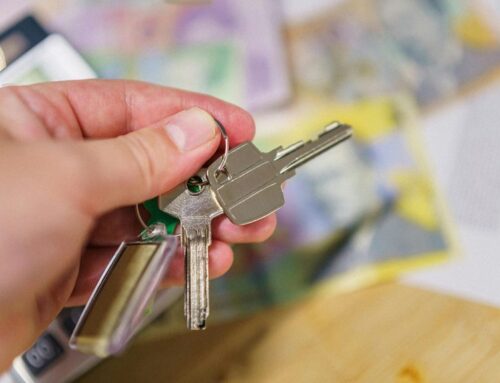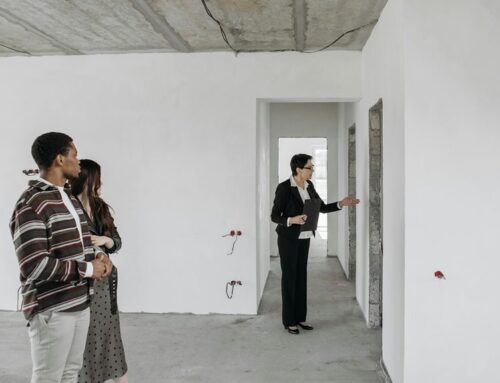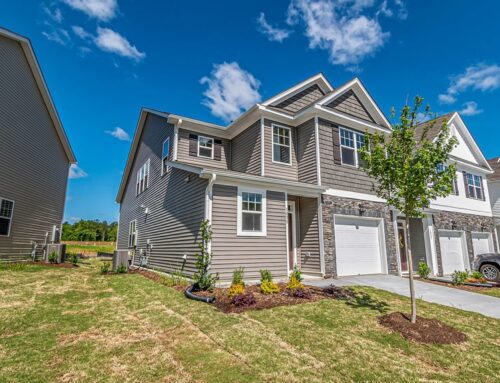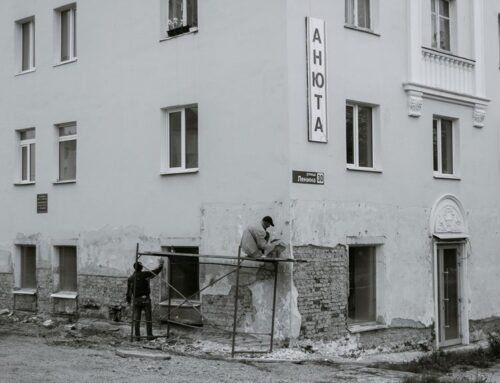Investigating successful foreclosure ventures highlights key strategies for guiding property assessments, financial planning, and proactive problem-solving. Observing actual cases can demonstrate the importance of thorough inspections, cost evaluations, securing financing, and preparedness for unexpected events. The core of each tale lies in detailed planning, quick actions taken, and the capacity to adjust to market shifts. Every story provides a peek into the realm of real estate investments, revealing the diverse elements that lead to lucrative deals.
Key Factors for Successful Foreclosure Purchases
Wondering what it takes to make successful foreclosure purchases? Well, let me share some key factors that can make a significant difference.
First, thorough research is essential. Knowing the market, property values, and potential risks is critical.
Next, having a solid financing plan in place is essential. Whether it’s cash reserves or a pre-approved loan, being financially prepared is key.
Additionally, being patient and ready to act swiftly when the right opportunity presents itself is important.
Finally, having a team of professionals such as real estate agents, attorneys, and inspectors can help navigate the complexities of the foreclosure purchasing process.
Case Study: Single-Family Home Investment
When considering a single-family home investment, it’s important to analyze all aspects before making a decision.
I recently purchased a single-family home in foreclosure and found that in-depth research was key. Before buying, I assessed the property’s condition, market value, and potential renovation costs.
Evaluating the neighborhood and comparable home prices helped me determine its investment potential. Additionally, understanding the foreclosure process and any liens on the property was vital to avoid unexpected expenses.
Case Study: Multi-Unit Property Acquisition
Let’s now shift our focus to a case study involving the acquisition of a multi-unit property. I’ll walk you through the acquisition strategy overview, highlighting key considerations and approaches that led to success.
We’ll also explore how renovations were strategically planned and executed to maximize profitability.
Acquisition Strategy Overview
As I set out on the journey of acquiring multi-unit properties through foreclosure purchases, the significance of a solid acquisition strategy became apparent. Researching market trends, identifying target properties, and establishing financing options were key components of my strategy. By thoroughly analyzing each potential investment, I could make informed decisions on which properties aligned best with my goals.
Networking with real estate professionals and attending auctions also played a crucial role in expanding my opportunities and staying ahead of the competition. Additionally, having a clear understanding of the foreclosure process and legal implications helped me navigate potential obstacles with confidence.
Renovation and Profitability
Beginning the next phase of my multi-unit property acquisition journey, the focus now shifts to the critical stage of renovation and maximizing profitability. Renovating these units is crucial for increasing their value and attracting quality tenants. I prioritize upgrades that offer a good return on investment, such as modernizing kitchens and bathrooms, enhancing curb appeal, and improving energy efficiency.
Investor Strategies in Foreclosure Auctions
Let’s talk about some pivotal strategies for successful foreclosure auctions.
From mastering the art of winning bids to conducting thorough due diligence, these are essential steps in securing a profitable investment.
Additionally, understanding financing options tailored for foreclosure purchases can make all the difference in your real estate portfolio.
Winning Auction Bid Tactics
To secure a successful bid at a foreclosure auction, it’s important to have a well-thought-out strategy in place. When it comes to winning auction bid tactics, preparation is key. Here are some effective strategies that have helped me secure winning bids at foreclosure auctions:
| Tactic | Description |
|---|---|
| Research Properties | Thoroughly research the properties up for auction. |
| Set a Budget | Determine your maximum bid and stick to it. |
| Attend Auctions Early | Arrive early to scope out the competition. |
| Stay Calm and Confident | Keep a cool head and bid confidently. |
| Be Prepared to Walk Away | Don’t get caught up and overbid out of impulse. |
Due Diligence Essentials
When diving into the world of foreclosure auctions, conducting thorough research is essential for success. Before bidding on a property, I always start by investigating its title history, liens, and any potential back taxes.
Next, I inspect the property to assess its condition and estimate repair costs accurately. Understanding the neighborhood and local market trends is also vital to determine the property’s potential value post-rehabilitation.
Additionally, I review the auction rules and procedures to make sure I comply with all requirements. By diligently gathering and analyzing this information, I can make informed decisions and avoid costly mistakes. Remember, in foreclosure auctions, knowledge is power, and research is your best ally.
Financing Foreclosure Purchases
Exploring financing options for foreclosure purchases is an important step in maximizing investment returns. When considering financing for foreclosure acquisitions, keep these key points in mind:
- Secure Pre-Approval: Getting pre-approved for a loan can give you a competitive edge in foreclosure auctions.
- Explore Hard Money Lenders: Hard money lenders often provide faster approval processes and flexibility in lending criteria.
- Consider Seller Financing: Some sellers might be open to financing the purchase themselves, offering potential benefits for both parties.
- Evaluate Refinancing Options: After acquiring the property, look into refinancing to potentially lower interest rates and monthly payments.
Case Study: Renovation and Resale Profit
One can truly understand the potential for profit in foreclosure purchases through the insightful case study of renovating and reselling a property.
When I bought a distressed property and invested in renovations, the value of the house increased significantly. By enhancing the curb appeal, updating the interior, and fixing any structural issues, I was able to attract more buyers and sell the property at a premium.
The key to success was carefully budgeting for renovations, hiring reliable contractors, and staying up-to-date with market trends to maximize the resale value.
In the end, the profit from the resale far exceeded my initial investment, proving that strategic renovation and resale can be a lucrative strategy in foreclosure purchases.
Case Study: Buy-and-Hold Rental Success
In my journey of foreclosure purchases, another avenue that has proven to be immensely successful is the strategy of buy-and-hold rental properties. This approach has provided me with steady passive income and long-term appreciation.
Here are some key reasons why buy-and-hold rental properties have been a successful venture for me:
- Stable Cash Flow: Rental income provides a consistent monthly cash flow.
- Property Appreciation: Real estate tends to appreciate over time, increasing the property’s value.
- Tax Benefits: Enjoy tax deductions on mortgage interest, property taxes, and operating expenses.
- Diversification: Real estate investments offer diversification in my overall investment portfolio.
Mitigating Risks in Foreclosure Investments
To navigate the potential risks associated with foreclosure investments, it’s important to conduct thorough research and due diligence before committing to a purchase. Start by analyzing the property’s condition, title history, and outstanding liens. Engage with local real estate professionals to gain insights into market trends and property values.
Assess the neighborhood’s economic stability, crime rates, and potential for future growth. Obtain a detailed inspection to uncover any hidden damages or structural issues. Calculate all potential costs, including renovation expenses, property taxes, and insurance.
Secure financing options and have a contingency plan in place for unexpected expenses. By taking these proactive steps, you can mitigate risks and increase the likelihood of a successful foreclosure investment.
Conclusion
To sum up, successful foreclosure purchases require careful planning and strategy. By learning from case studies and utilizing proven investor tactics, you can navigate the foreclosure market with confidence. Remember, every investment comes with risks, but with proper research and execution, the rewards can be substantial. So, take the leap, trust in your abilities, and seize the opportunity to build your wealth through foreclosure investments. Let your financial future be defined by your determination, not by fear.
“Learn more about who we are and how we can help you! Discover Our Story today.”
Click Here to Learn About Us











